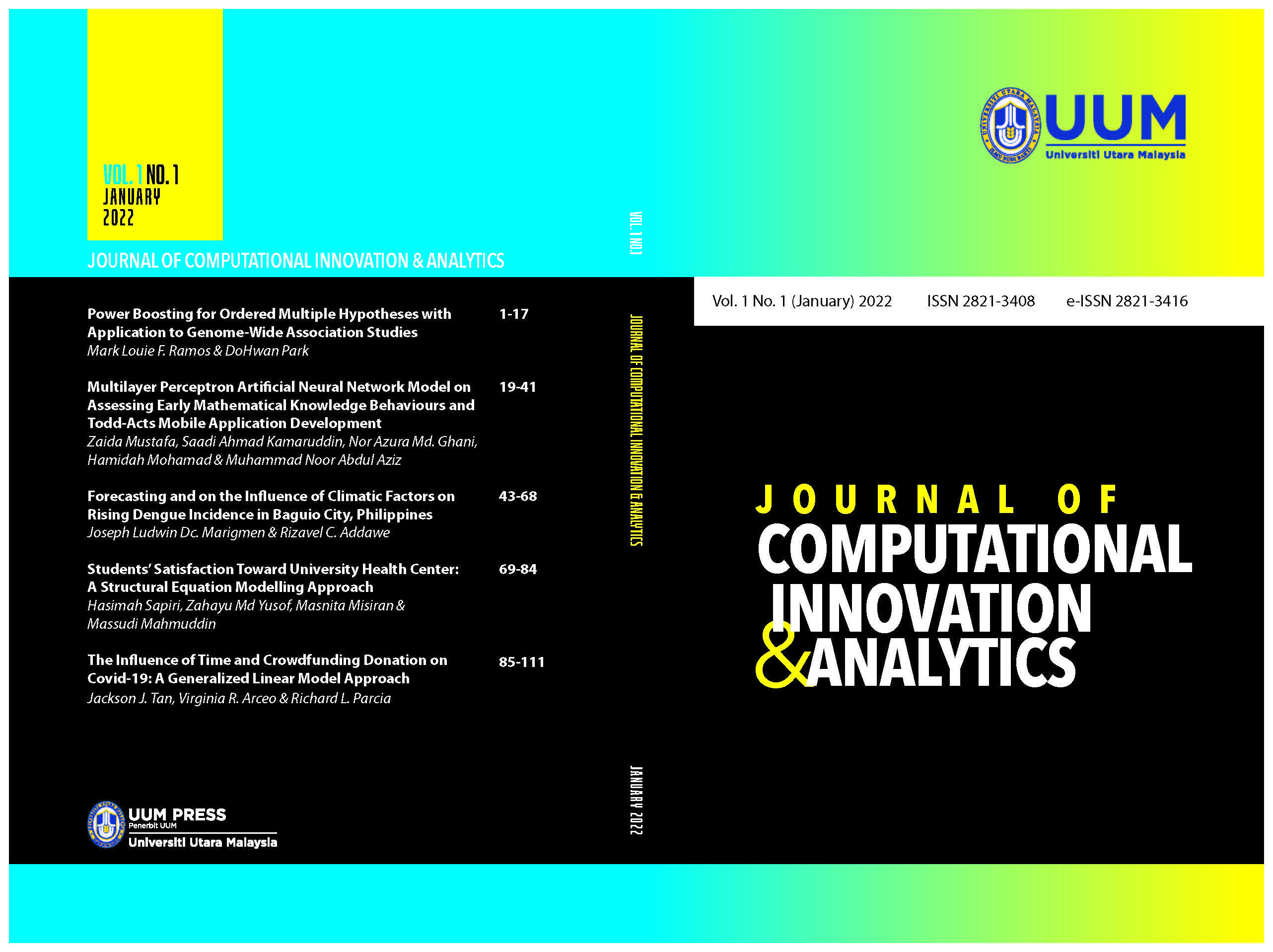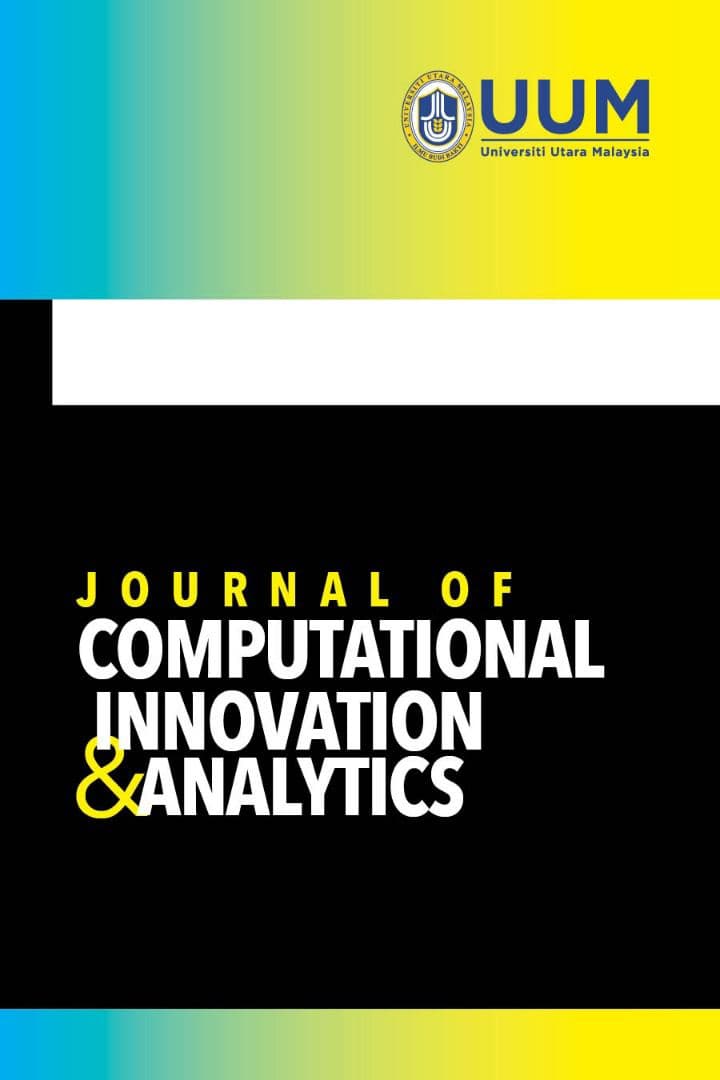MULTILAYER PERCEPTRON ARTIFICIAL NEURAL NETWORK MODEL ON ASSESSING EARLY MATHEMATICAL KNOWLEDGE BEHAVIOURS AND TODD-ACTS MOBILE APPLICATION DEVELOPMENT
DOI:
https://doi.org/10.32890/jcia2022.1.1.2Keywords:
{}Abstract
In modern culture, mathematics is the primary tool for comprehending science, engineering, and economics. Mathematics has historically been viewed as the primary measure of human intellect. Since the early stages, certain industrialised countries have been carefully considering the subject of fostering and generating geniuses among their people. This is because they recognise that individuals learn or remember knowledge the fastest throughout their first four years due to the prefrontal cortex’s resiliency. This vital period of human existence needs careful consideration. Previous study has revealed that a person’s mathematical skills develop from the day he or she is born. According to science, a person’s capacity to acquire math abilities allows them to develop many other talents faster, and infants are no exception. In this study, we looked at the behaviours or modules that contribute to the development of arithmetic skills or capacities in newborns from birth (0 months) to 4 years old (48 months). In this study, a two-layer neural network with tansig transfer function in the first layer and purelin transfer function in the second layer was used. Because many parents and instructors are focused on the programmes offered at childcare facilities, or the so-called nursery, Montessori, or kindergarten, an innovative mobile application called ‘Todd- Acts’ was created. This mobile application aims to assist parents and teachers with standardised modules that they can practise at home or on their premises, primarily to improve the arithmetic skills of babies in the five critical stages of human life: 0 to 6 months, 6 to 12 months, 12 to 24 months, 24 to 36 months, and 36 to 48 months.











